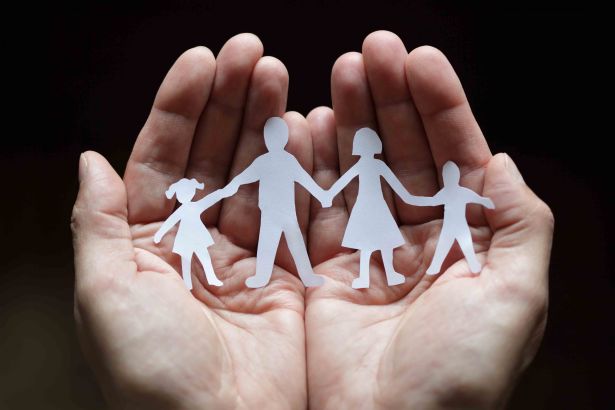Opposite-sex siblings ban for foster families

İzmir provincial directorate of the Ministry of Family and Social Policies has started to implement a much-criticised decision on how to pick foster families for children under state protection. The commission for foster home care decided that the cases in which the children from opposite sexes live in the same home are “risky”, daily Habertürk reported.
The president of the Association for Solidarity with Fostering Families in İzmir, Rukiye Urgancı, stated that child protection institutions have been implementing the rule since last year despite there is no such legal requirement.
However, İzmir provincial director of the Ministry of Family and Social Policies, Nesim Tanğlay, argued that although there are no legal restrictions, “they are being picky”. Tanğlay stated that “of course, we do not give [girls] they have boys at home. If there is a risk, we do not approve”.
“THE AIM IS TO PREVENT SEXUAL ABUSE”
The decision, according to the authorities, has been implemented to prevent sexual abuses that is a critical social problem in Turkey. Such an implementation, however, has been criticised especially because government authorities tend to cover the increasing number of sexual abuse cases in dormitories, religious education centres, or Quran courses.
TURKISH GOVERNMENT’S ADOPTION AND FOSTERING “SENSITIVITY”
The AKP government’s policies and discourses on adoption and fostering have usually been targeting the issues as long as they coincide with the government’s racial and religious “sensitivity”. In 2013, the then prime minister deputy, Bekir Bozdağ, initiated a public discussion by stating that “in European countries, 4 thousand Turkish children were given to Christian families for adoption”.
This discussion was brought to a new dimension considering such practices as a violation of human rights. The head of the human rights board of review under Grand National Assembly of Turkey, Ayhan Sefer Üstün, asserted that among those children given to Christian families, 3 of them were given to gay couples. Üstün argued that this should be considered as the violation of human rights and the government sent committees to European countries in order to investigate the issue.
The government, on the other hand, prevented the “human milk bank” initiations to be realised after the initiation caused discussions on the inappropriateness of the practice according to Islamic rules. The project, collecting and preserving human milk donated in order to give babies in need, was put aside by the Ministry of Health after these discussions. Although it is clear that “human milk bank” can benefit for protecting the health of many babies under state responsibility and even save many lives, the government’s religious “sensitivity” seems to predominate the benefits. According to the statement made by the Turkish Directorate of Religious Affairs, this kind of a practice should be implemented very carefully, if done, because it may result in “milk kinship”, which is not allowable under Islamic rules.
MINISTER REFUSES REPORTS
Family and Social Policies Minister Fatma Betül Sayan Kaya refuses 4 reports that decisions on granting custody of children to foster parents were being affected by the gender of the children.
“Just as a male child grows up with a female child in a house, there are many foster families with a male child to whom we have given female children. This report is completely baseless,” the minister said.




